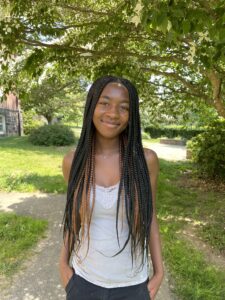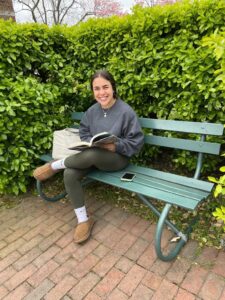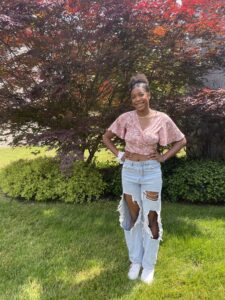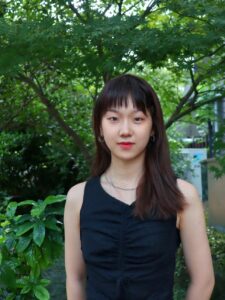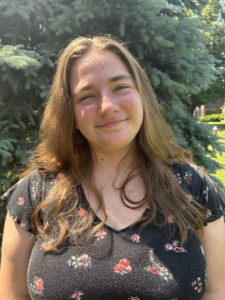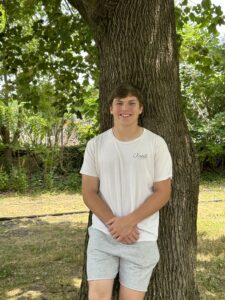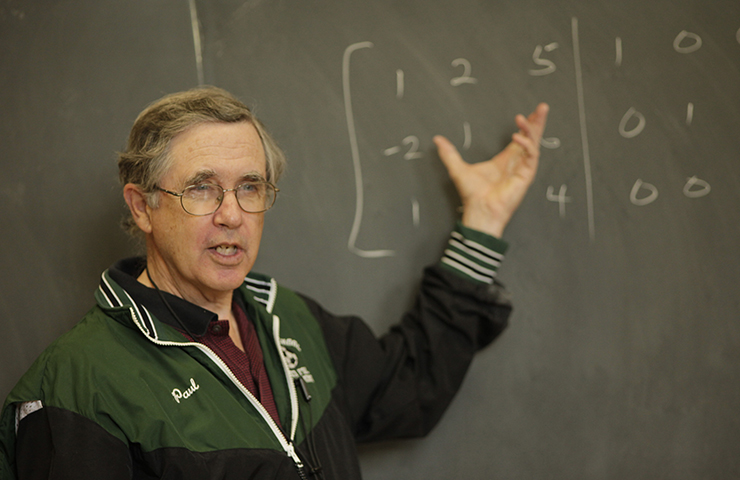
After fifty years, Paul Machemer ’65 will be retiring from George School. We will honor Paul, as well as Terry Culleton and Ralph Lelii, during Alumni Weekend on Saturday, May 4 at 10:00 a.m. in the meetinghouse. Associate Head of School Scott Spence wrote the following tribute to Paul and his half-century of service as a math teacher and coach at George School:
After graduating with his bachelor’s degree in math from Amherst College, Paul returned to teach mathematics in the fall of 1969. Earning his master’s in education from Harvard along the way, Paul taught just about every math class from Algebra 1 to AP Calculus BC, and also taught English seminars in literature, writing for publication, Tolstoy short stories, and even a tutorial in the Aeneid. Paul served as head of the mathematics department from 1978 to 1984, then again later as an interim as needed, and was the original author of George School’s Algebra 1 and Algebra 2 course outline problem books. Paul contributed to the residential life of the school as a hall teacher and assistant dorm head, and he coached various levels of soccer, golf, tennis, baseball, swimming, and volleyball. He served as our coordinator for one of our Middle States re-accreditations, was a devoted and beloved advisor throughout his career, a sabbatical recipient, and an Independence Foundation Chairholder, as well as a Dodd Chairholder.
Paul’s wisdom and balanced perspective were sought by many a committee, and an incomplete list of that work includes being a long-standing member and clerk of Faculty Concerns, a member of the faculty committee to evaluate the head of school, the educational policies committee, the alumni executive committee, marketing committee, workload committee, and various curriculum planning committees. He also served as faculty representative to the George School Committee (Board), was clerk of the nominating committee, a pinch admission interviewer, and advancement fundraiser for the Laramore Chair and the Fitness and Athletics Center campaign. He is also the husband to long tenured faculty member Pam and the father of two alumni: Robert, Class of 1992 (and current math teacher) and Kate, Class of 1999.
In the classroom, Paul was committed to stimulating students’ mathematical imaginations and curiosity, and motivated them to think deeply and independently about the beauty of mathematical problem-solving processes, which were more important to him than ultimate answers. Through masterful class facilitation and careful listening to the way in which students arrived at their answers, he had a talent for affirming students by identifying correct pieces of their analyses and getting them to share with classmates. Indeed, teaching has been a collaborative affair for Paul, where students learn from one another and Paul is not the only authority. Paul would tell you that he has taught students, not math. And he taught them to take responsibility for their learning. And they would internalize his high standards and expectations all the more readily because of the comfort and ease with which they entered his classroom. But whenever he was teaching, his deep love of learning, and of history, literature, and language in particular, became contagious. His playful intellectual spirit of genuine inquiry imbued his lessons, as tales of Guy Fawkes, the Oklahoma Land Rush, the Battle of Hastings, and Heffalumps accompanied mathematical explorations.
Paul was a master teacher of athletes as well, and developed his players’ fundamental skills to the high level where intuition and improvisation could prevail at critical moments. An ingenious strategist and tactician, Paul made extraordinary adjustments annually to maximize his roster’s strengths and minimize its weaknesses, and he continued to adjust throughout the season as he learned more about his players. Paul started out coaching soccer at the lower ranks, though he showed leadership early on. He founded the “Super Sophs” squad in 1974 and took the varsity reins for a season in 1981 and from 1984 until this past fall. Paul resisted the suggestion that a successful soccer season should be measured by winning the Friends Schools League (FSL), for he would rather measure it by how much the players learned, how many excelled at their perceived potential, and how much character was built on the field. Judging by how many of his former players said that playing soccer with Paul transformed their lives, he was a successful coach.
Well, the numbers corroborate that success as well: Since 1984, most impressively, in the FSL play, Paul’s teams compiled a record of 199 wins, 81 losses, 19 ties, with 27 appearances in the playoffs, winning 14 FSL Championships in 19 appearances in the finals. Over a 20-year span, from 1985 through 2004, Paul’s teams made the FSL playoffs 20 times, appeared in 17 FSL Championship games, and won 13 FSL Championships. From 1990 through 1993, GS Boys soccer went undefeated in the FSL. In 1991, they had an overall (including nonleague play) undefeated season. Under Paul’s leadership since 1984, George School boys’ soccer compiled a record of 295 wins, 206 losses, and 59 ties. Twenty-four of those seasons had records of .500 or better. Several of those teams were highly ranked in the area and Paul earned Bucks County Soccer Coach of the Year accolades.
It should also be noted that Paul was generous with his time beyond his teams, and shared his love of soccer with anyone who wanted to learn by running open informal practices and pickup games during the summer and throughout the year. Besides winning FSL championships in soccer, he’s won an FSL championship in golf, and was assistant coach for an FSL championship in baseball and tennis.
The quality of his collaborations with his students and players turned many into strong mathematicians and athletes, but more importantly, they developed a relationship that stayed with them for a long time, providing real direction not just in math and sports but as human beings.
And yet Paul has done more than coach athletics and teach mathematics. We are indebted to him for his dedication, which transcended his own classes and teams. He was always present at other athletic contests when not coaching, regularly attended performances in Walton Auditorium, met with prospective families in the Leeds Room, shared ministry in Meeting for worship, and was a strong and wise shoulder for many a student and colleague.
Thank you for everything, Paul!

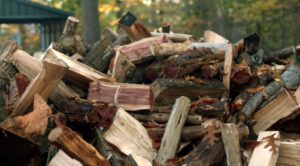
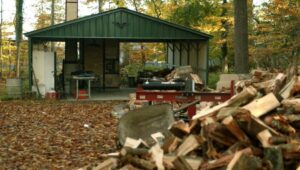
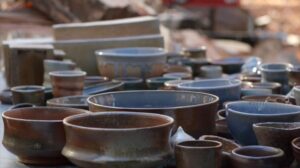
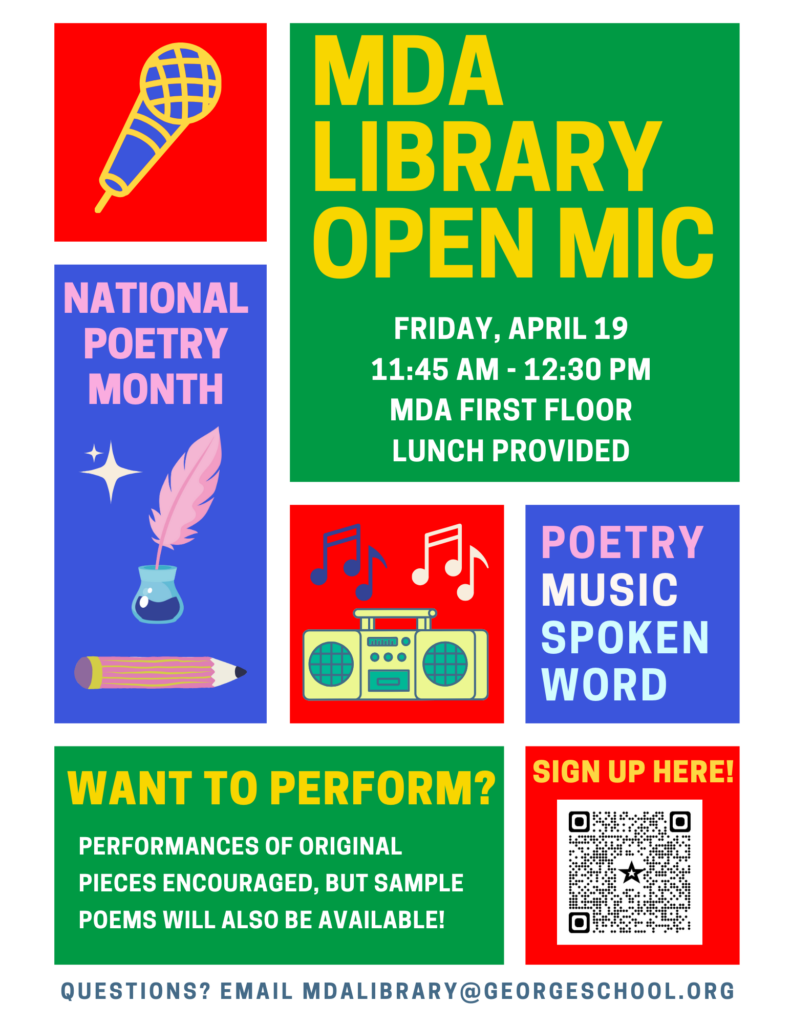
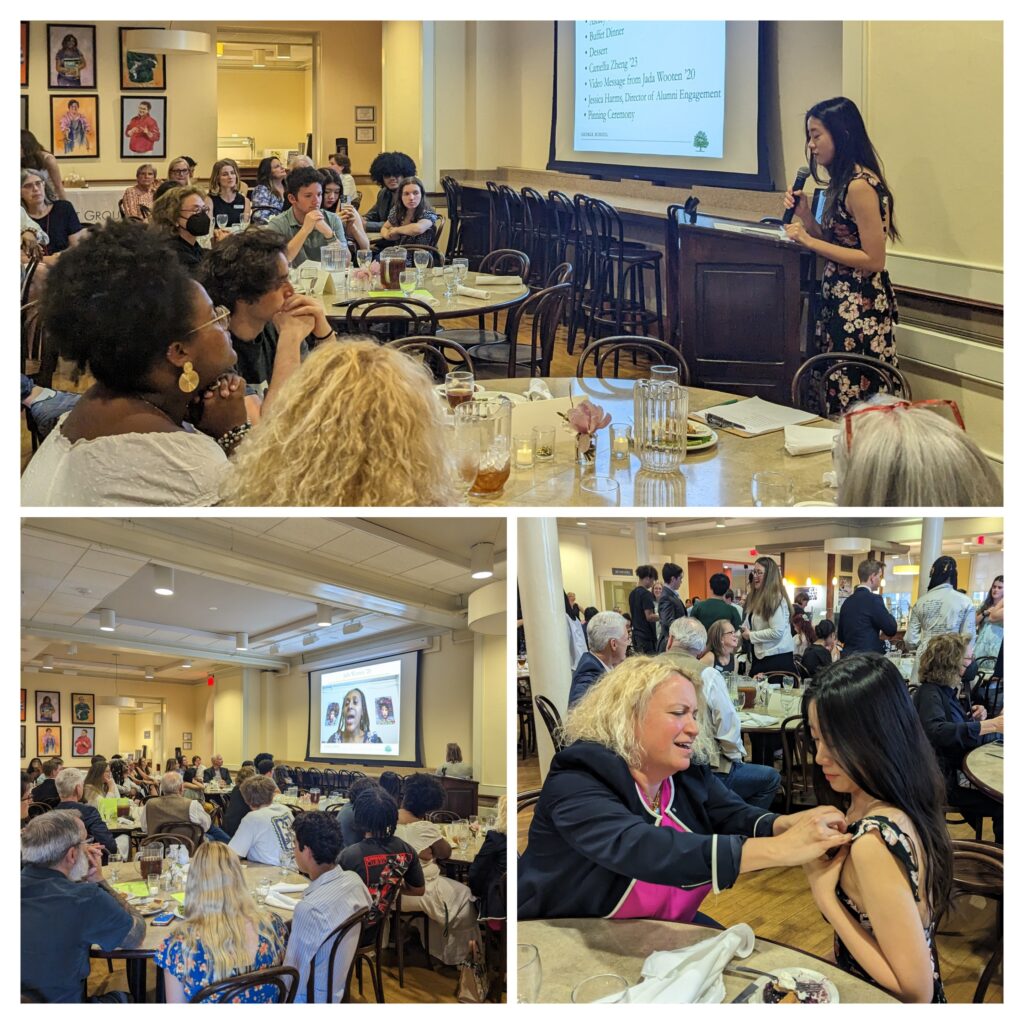
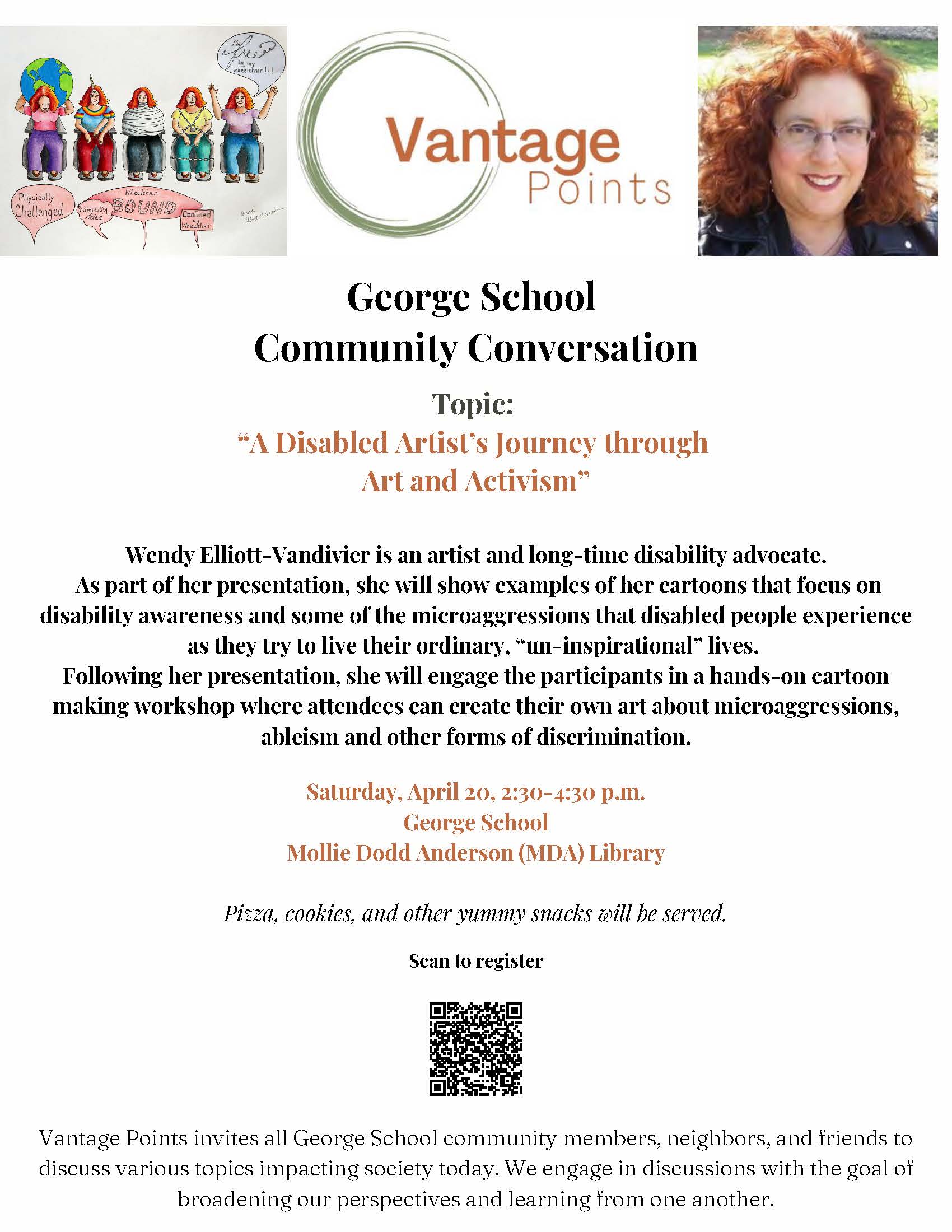
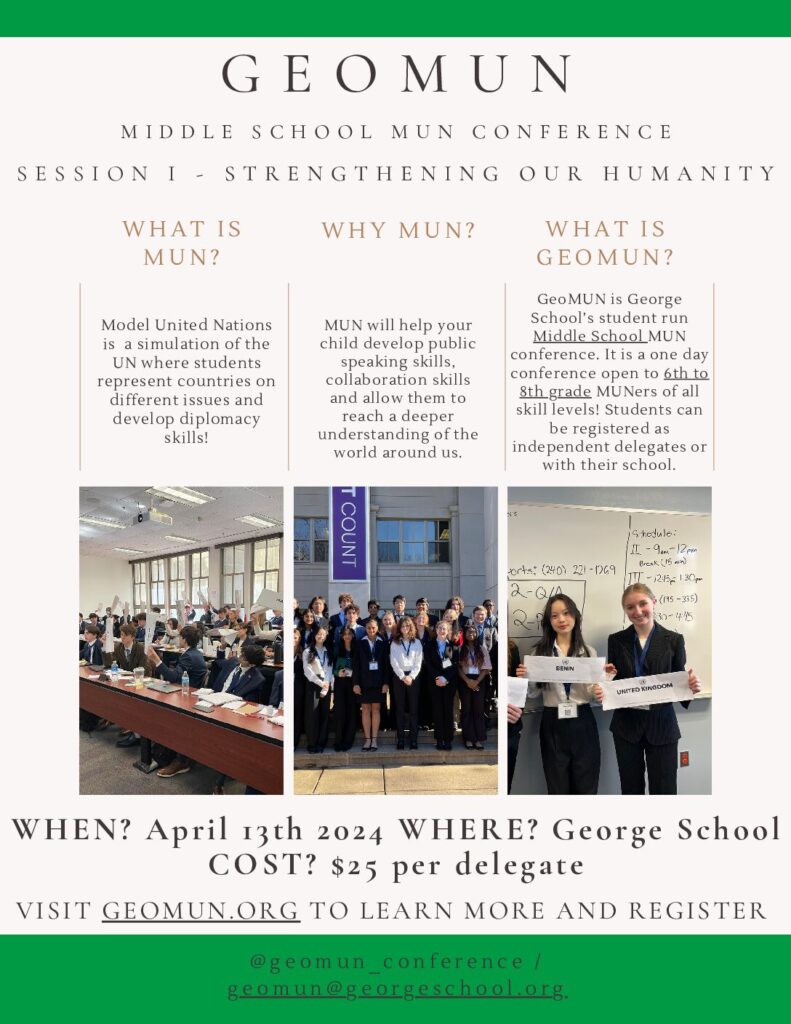
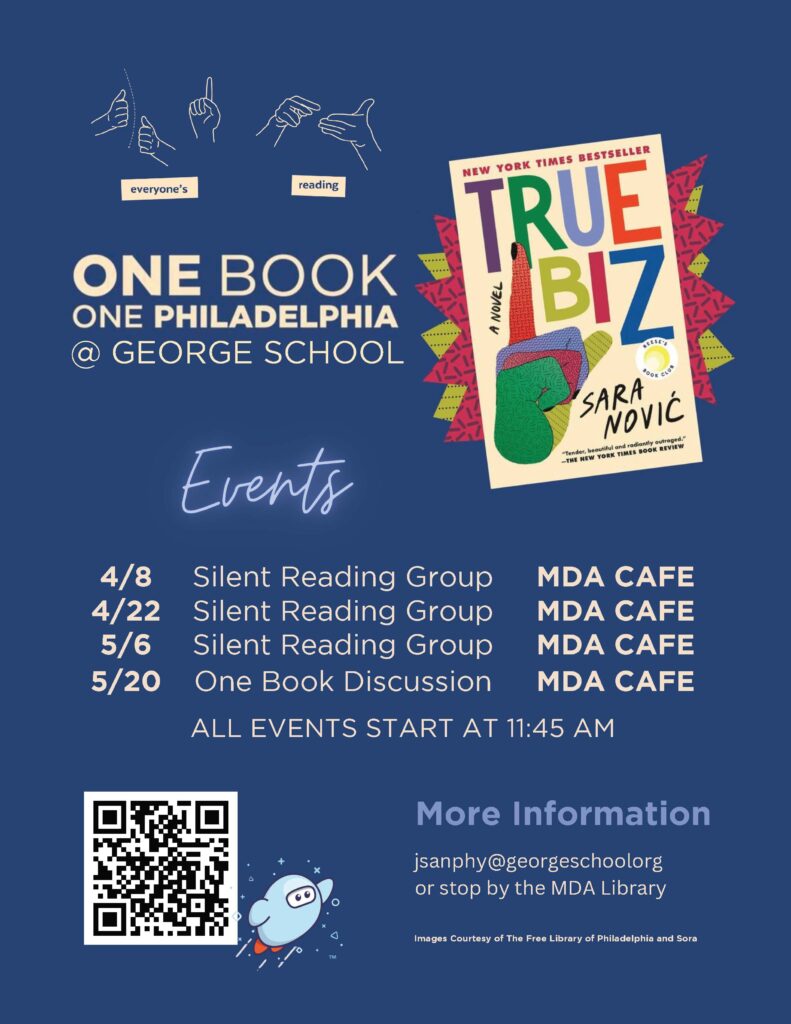
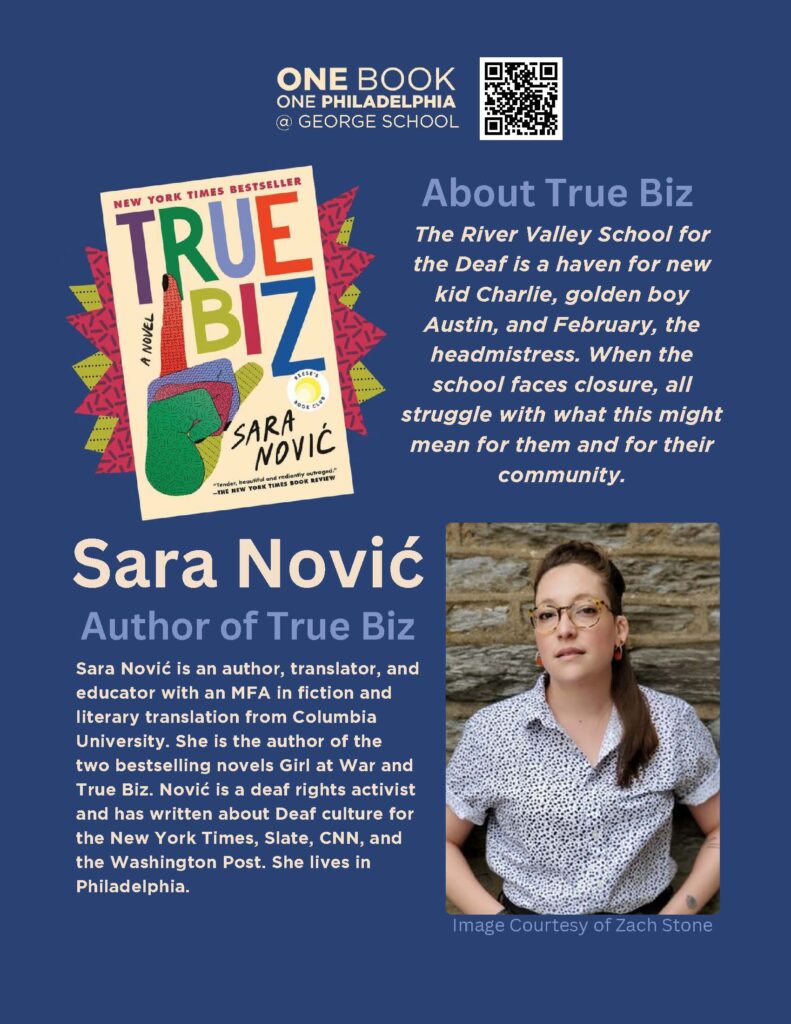
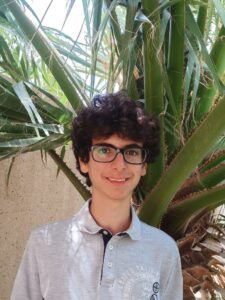 Monastir, Tunisia, and Amman, Jordan
Monastir, Tunisia, and Amman, Jordan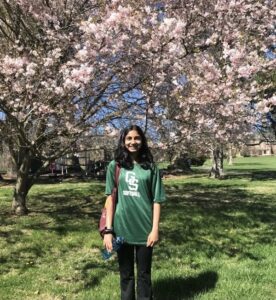 Irvine, CA
Irvine, CA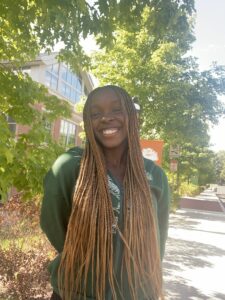 Feasterville-Trevose, PA
Feasterville-Trevose, PA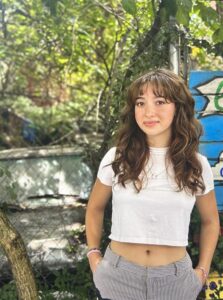 New Hope, PA (Previously NYC)
New Hope, PA (Previously NYC)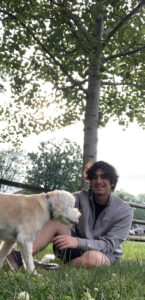 Richboro, PA
Richboro, PA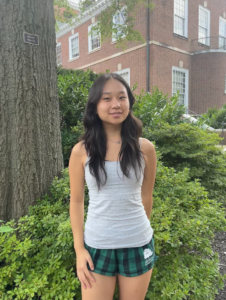 Englewood, NJ
Englewood, NJ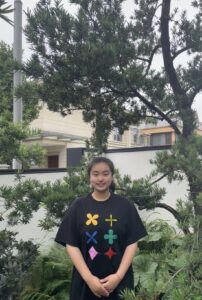 Ningbo, Zhejiang, China
Ningbo, Zhejiang, China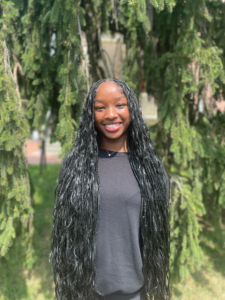 Willingboro, NJ
Willingboro, NJ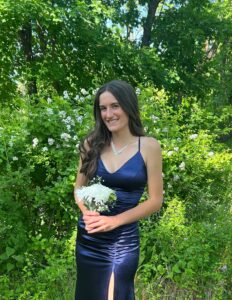 Yardley, PA
Yardley, PA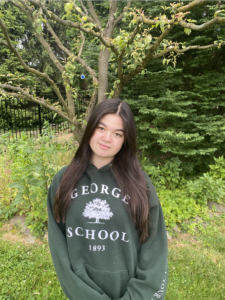 Newtown, PA
Newtown, PA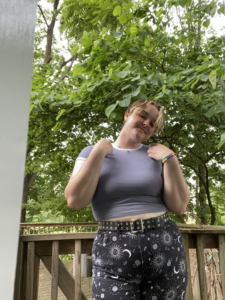 Holicong, PA
Holicong, PA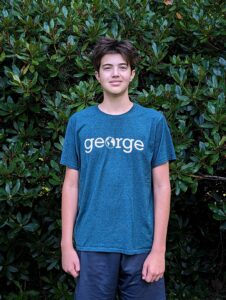 Newtown, PA
Newtown, PA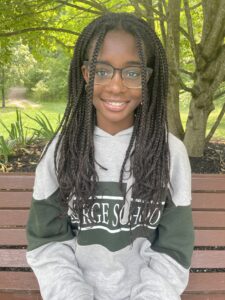 Hamilton, NJ
Hamilton, NJ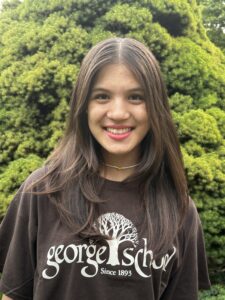 Yardley, PA
Yardley, PA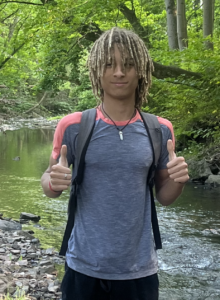 Lambertville, NJ
Lambertville, NJ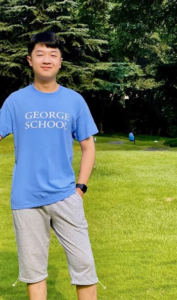 Chongqing, China
Chongqing, China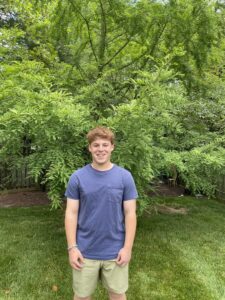 Pennington, NJ
Pennington, NJ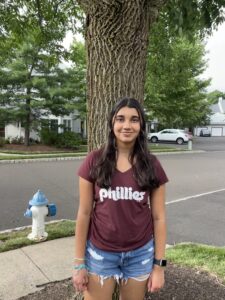 Yardley, PA
Yardley, PA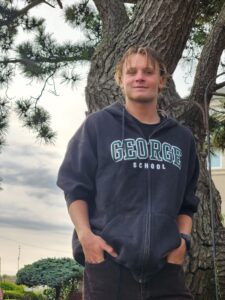 Bensalem, PA
Bensalem, PA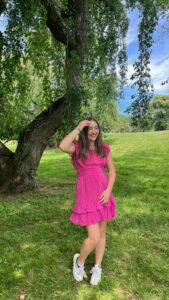 Borgota, Colombia
Borgota, Colombia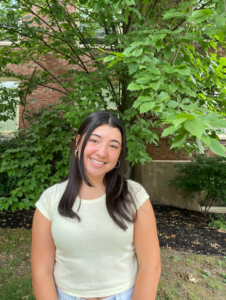 Newtown, PA
Newtown, PA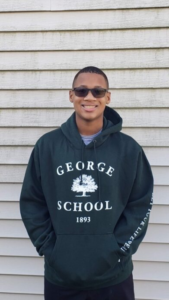 Burlington, NJ
Burlington, NJ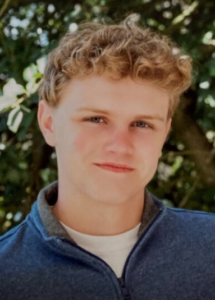 Langhorne, PA
Langhorne, PA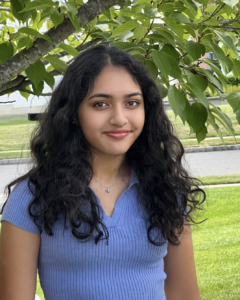 Princeton, NJ
Princeton, NJ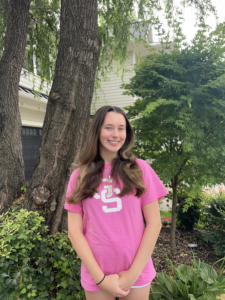 Langhorne, PA
Langhorne, PA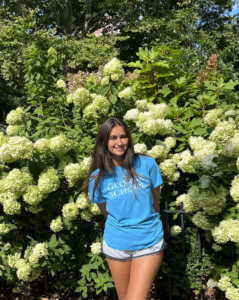 New York City, NY
New York City, NY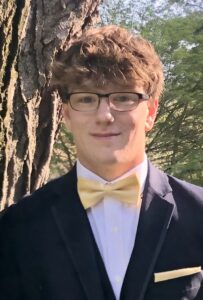 New Hope, PA
New Hope, PA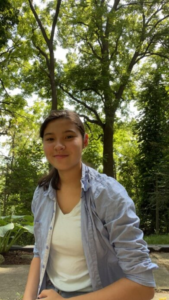 St. Catharines, Ontario, Canada
St. Catharines, Ontario, Canada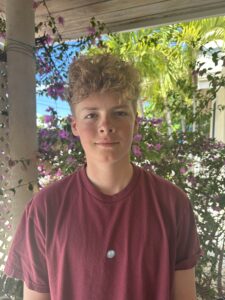 Providenciales, Turks and Caicos Islands
Providenciales, Turks and Caicos Islands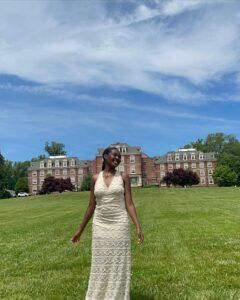 Willingboro, NJ
Willingboro, NJ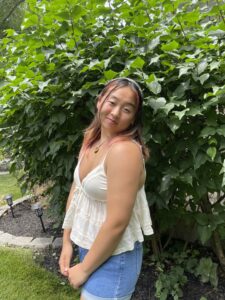 Princeton, NJ
Princeton, NJ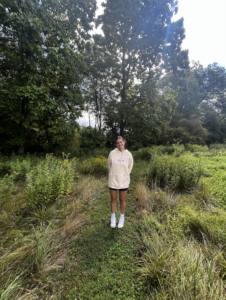
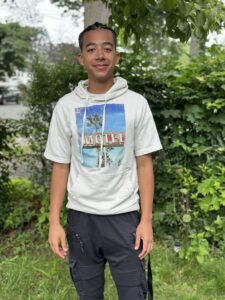 Newark, NJ
Newark, NJ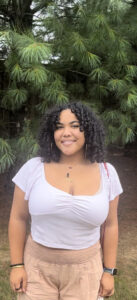 Trenton, NJ
Trenton, NJ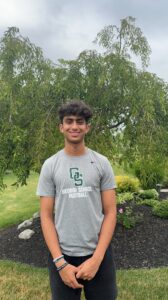 Newtown, PA
Newtown, PA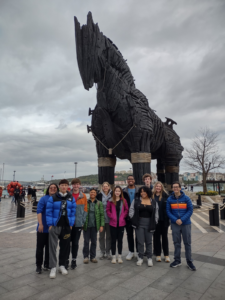
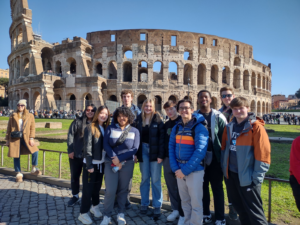
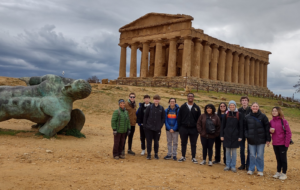
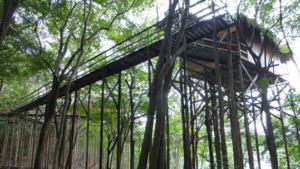
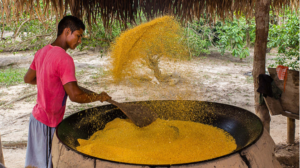


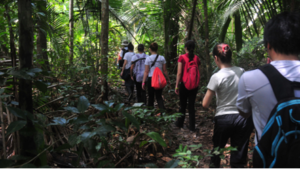
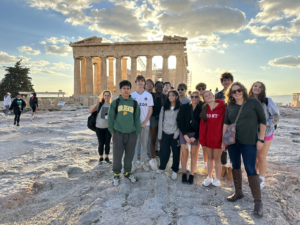
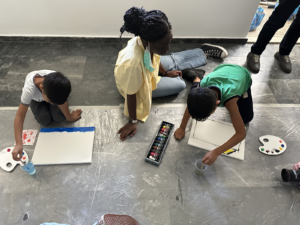
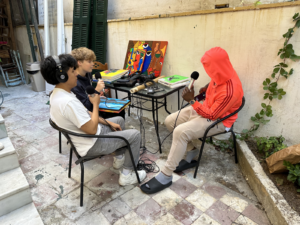
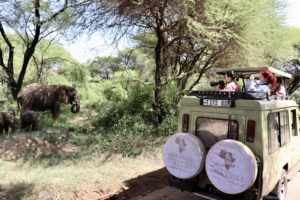
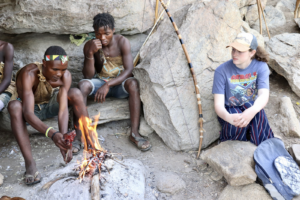
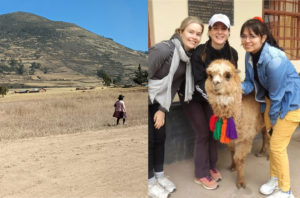
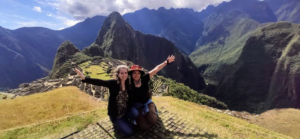
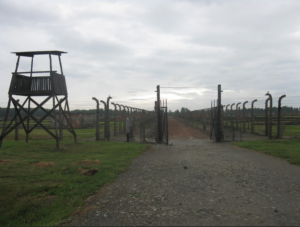
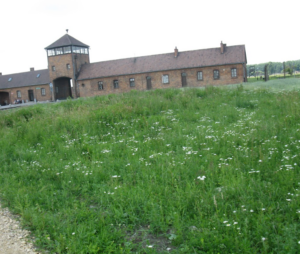
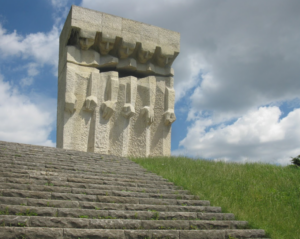
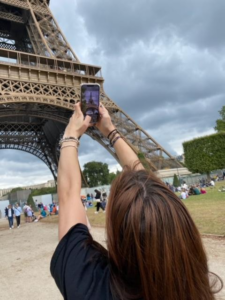
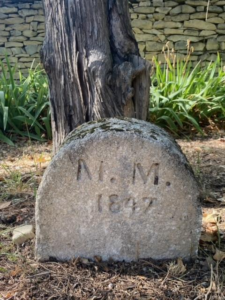
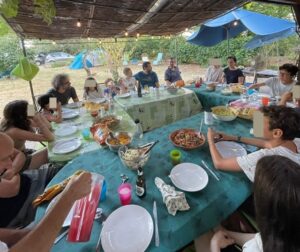
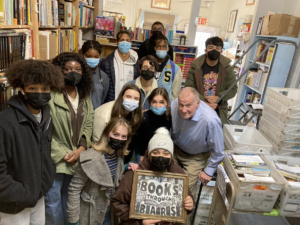
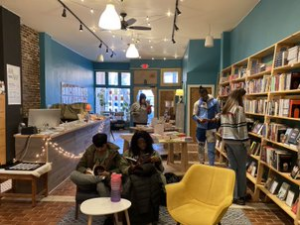
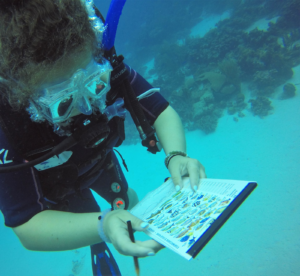
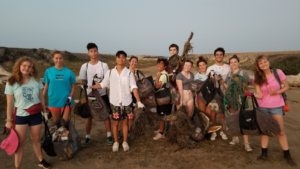
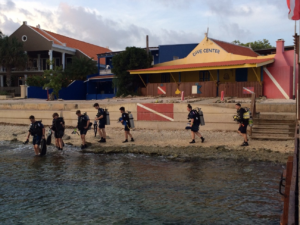
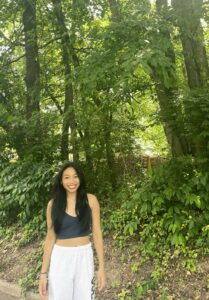 Lawrence, NJ
Lawrence, NJ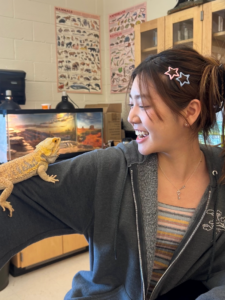 Seoul, South Korea
Seoul, South Korea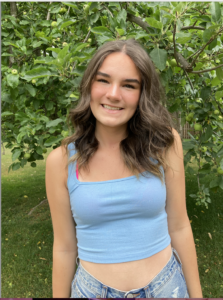
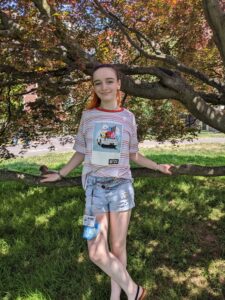 Milwaukee, Wisconsin
Milwaukee, Wisconsin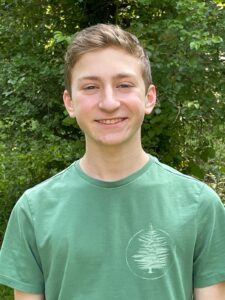 Pennington, NJ
Pennington, NJ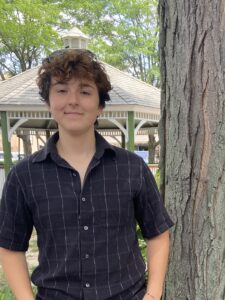 Jenkintown, PA
Jenkintown, PA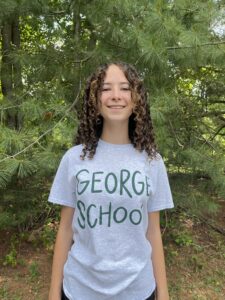 Ottsville, PA
Ottsville, PA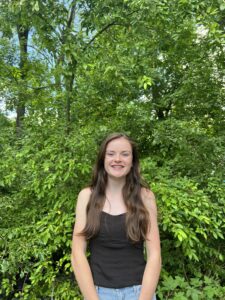 Yardley, PA
Yardley, PA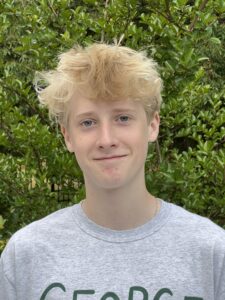 Providenciales, Turks and Caicos Islands
Providenciales, Turks and Caicos Islands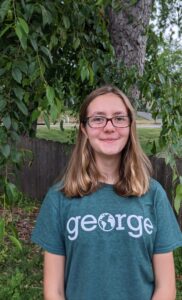 Hopewell, NJ
Hopewell, NJ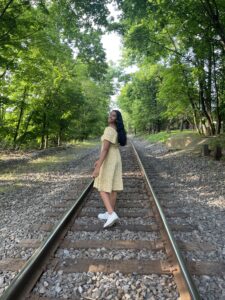
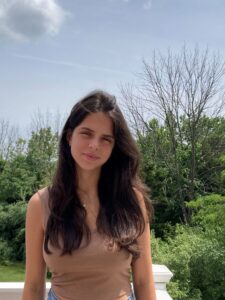 Pottstown, PA
Pottstown, PA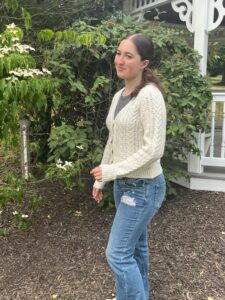 Playa del Carmen, Quintana Roo, México
Playa del Carmen, Quintana Roo, México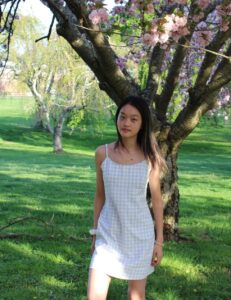 Shanghai, China
Shanghai, China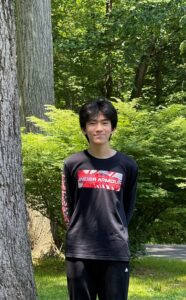 Beijing, China
Beijing, China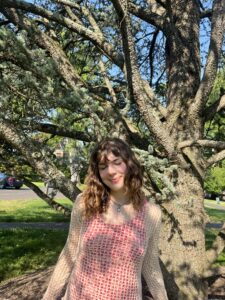 Yardley, PA
Yardley, PA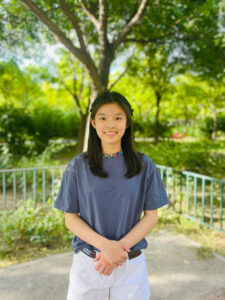 Beijing, China
Beijing, China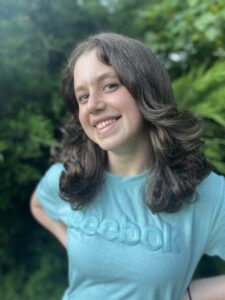 Holland, PA
Holland, PA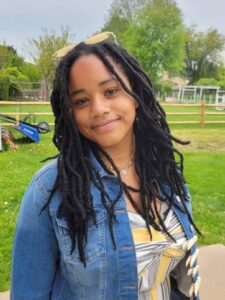 Langhorne, PA
Langhorne, PA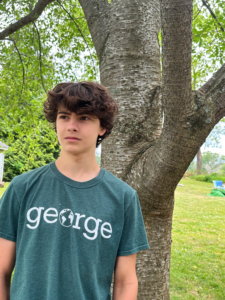 Ringoes, NJ
Ringoes, NJ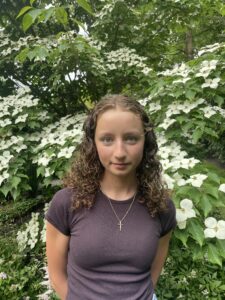 New Hope, PA
New Hope, PA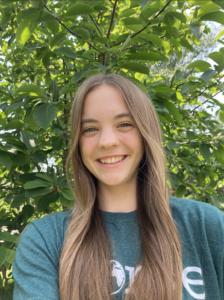 Dreshner, PA
Dreshner, PA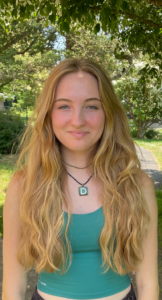 Yardley, PA
Yardley, PA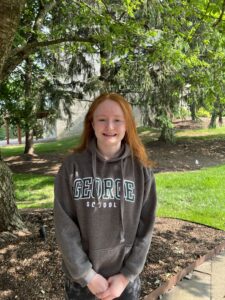 Yardley, PA
Yardley, PA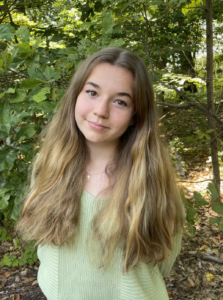 PA
PA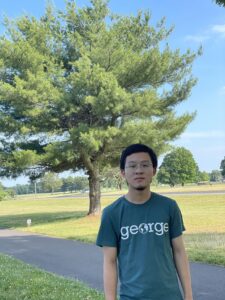
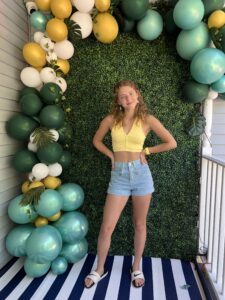
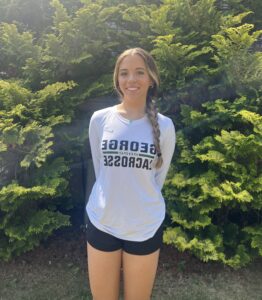
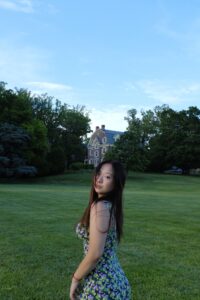 Xi’an, China
Xi’an, China